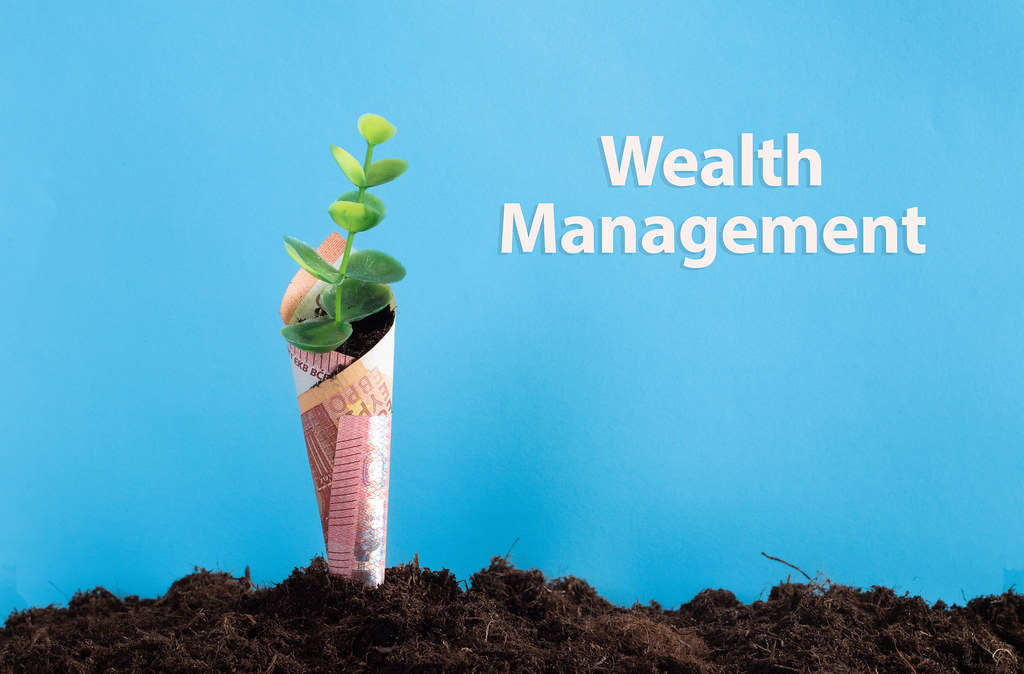Hello there, fellow ethical spenders! I’m delighted to be back with you for another deep dive into the fascinating world of personal financial management with an ethical twist. Over the past four years, we’ve explored various aspects of ethical spending, from sustainable shopping to conscious investing. Today, we’re going to explore the intricate and sometimes perplexing intersection of ethics and personal finance, where principles meet pennies, and values align with dollars.
Defining the Ethical Financial Compass
To embark on this intriguing journey, we first need to establish our ethical financial compass. Simply put, it’s about making money decisions that align with our values, beliefs, and principles. It means going beyond the traditional pursuit of wealth and considering the broader impact of our financial choices on society, the environment, and future generations.
Let’s dive into this with a real-life example that might resonate with many of you. Picture this: you’re standing in the local supermarket, staring at two boxes of eggs. One is a dozen regular eggs priced at $1.99, and the other is a dozen free-range, organic eggs priced at $3.99. What do you do?

The Case of the Eggs: A Microcosm of Ethical Dilemmas
Ah, the humble egg, a symbol of choices we make every day. In this scenario, opting for the cheaper eggs may seem like the financially prudent choice, but is it the ethical one? For some, it might be, but for others, the ethical dilemma arises from concerns about animal welfare, the environment, and supporting local farmers.
Choosing the pricier, ethically sourced eggs could be seen as a statement. It’s a message to the egg industry that consumers value humane treatment of animals and sustainable farming practices. It’s also a nod to local farmers who put in the extra effort to ensure their hens roam freely on pasture. In this small act of buying eggs, you’re essentially casting a vote for a more ethical world.
But, as I’ve often found myself pondering, does every ethical choice have to cost more? Not necessarily! In this case, by investing in the pricier eggs, you’re investing in a better future, not just for yourself but for the environment and the local community.
The Ethical Investment Game: A Matter of Time and Returns
Now, let’s talk about investments, a topic that often has people scratching their heads. Ethical investing means putting your money into companies or funds that align with your values. It’s about supporting businesses that prioritize sustainability, social responsibility, and ethical business practices.

But here’s the tricky part: ethical investments aren’t always the high-flying, quick-money schemes that make headlines. In the world of finance, ethical choices often require a long-term perspective, and the returns might not always be as eye-popping as those risky ventures you hear about.
Consider this: you have two investment opportunities. Option A is a tech startup with the potential for astronomical returns but a questionable environmental track record. Option B is a renewable energy company committed to reducing carbon emissions, with a slower, steadier growth trajectory.
If you’re purely chasing financial returns, Option A might seem like a no-brainer. However, when you add ethical considerations to the mix, Option B shines brighter. Investing in clean energy not only aligns with your values but also contributes to a greener planet for future generations.
Living Your Ethical Financial Values
So, how do we navigate this complex intersection of ethics and personal finance without going broke or feeling overwhelmed? Here are a few tips to help you live your ethical financial values:
Set Clear Priorities: Start by identifying your core ethical values. Is it environmental sustainability, social justice, animal welfare, or something else? Knowing your priorities will guide your financial decisions.
Do Your Homework: Research companies and investment options to ensure they align with your values. Ethical investing doesn’t have to be guesswork; there are plenty of resources and tools available to help you make informed choices.
Budget Wisely: Allocate a portion of your budget specifically for ethical spending and investing. This way, you can indulge your ethical sensibilities without compromising your financial security.
Engage in Ethical Advocacy: Consider using your financial power to advocate for change. Support businesses that are making a positive impact, and don’t be afraid to voice your concerns when you come across unethical practices.
Patience Pays Off: Understand that ethical choices might not always yield immediate financial gains, but the long-term benefits can be far more rewarding.
The Bottom Line: Ethical Spending as a Lifestyle
In the world of personal finance, ethics shouldn’t be an afterthought. Instead, it should permeate every financial decision you make. Whether you’re buying eggs, investing in stocks, or deciding on a charity to support, your ethical values should be your guiding star.
Think of ethical spending as a lifestyle, one that enriches not only your bank account but also your sense of purpose and connection to the world around you. It’s about taking steps, however small, to leave the world a better place than you found it, one financial choice at a time.
So, fellow ethical spenders, as we continue our journey through the ever-evolving landscape of personal finance, let’s remember that the intersection of ethics and financial management is not just a destination; it’s a delightful, ongoing adventure. And together, we can make it a more ethical, sustainable, and rewarding journey for ourselves and future generations. Happy ethical spending!

































